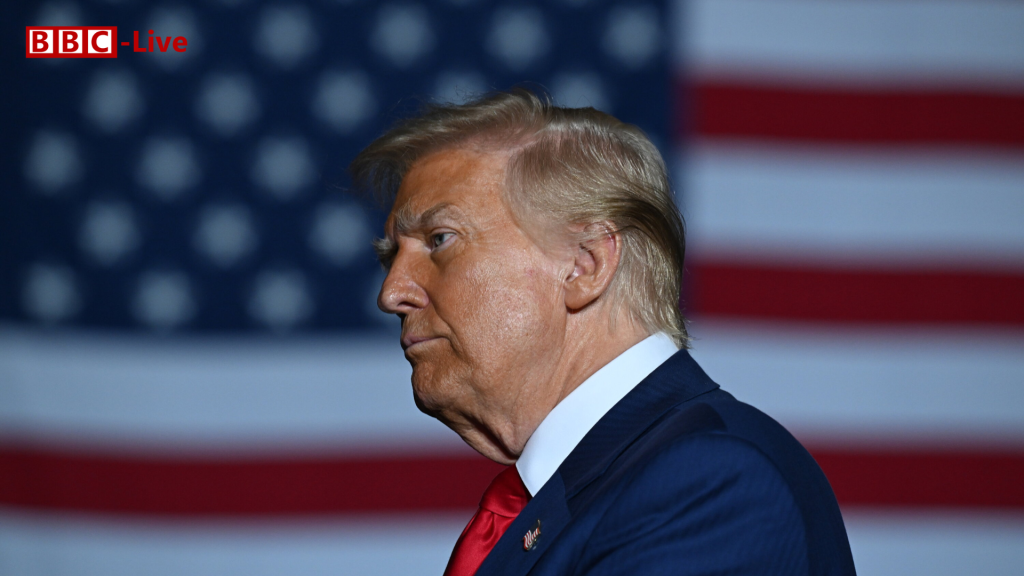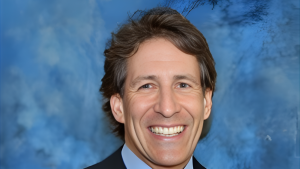
Trump Officials to Receive Expedited Security
Donald Trump’s transition team is planning a new approach for cabinet selections. They aim to grant broad security clearances from the president-elect. FBI background checks will only occur after the new administration takes office on January 20. This strategy seems intended to avoid the usual FBI vetting process. It could delay classified briefings until after Trump is inaugurated. Once in office, Trump could grant security clearances at his discretion.
Trump’s team has expressed distrust of the FBI’s background check process. Tensions arose during his first presidency when officials shared transition records with the Russia investigation. Delaying the FBI vetting might also give political advantages if any appointees encounter issues during their background checks. This situation could impact their Senate confirmations or their ability to obtain clearances later.
During Trump’s first term, the process for obtaining security clearances involved thorough FBI checks. These checks identified risks that could be exploited by adversaries. Those without major issues received interim clearances until a deeper investigation finished. The current plan appears to skip this initial check completely.
Brian Hughes, a spokesperson for Trump, said the transition lawyers are engaging with the Biden-Harris administration lawyers. They are discussing all agreements detailed by the Presidential Transition Act. Hughes promised to provide updates once a decision is made.
Trump has long questioned the necessity of the security clearance process. He believes it is unnecessary for government employees to have the power to advise against granting clearances. This belief stands because Trump, as president, has the authority to grant them at his discretion.
During his first term, Trump frequently criticized the FBI. He alleged that it was part of a “deep state” conspiracy against him. Several advisors, including Jared Kushner, faced delays in receiving their high-level clearances. Kushner only got his clearance after Trump intervened, overruling concerns from White House security officials.
Concerns over Kushner’s foreign connections influenced the delays. Despite recommendations to deny him a top-secret clearance, Trump approved it.
In 2019, reports indicated that 25 individuals, including two senior officials, had been denied clearances due to serious issues. Kushner was among those mentioned. Some figures, like Boris Epshteyn, left the White House before obtaining a permanent clearance. Trump’s team later said this situation was resolved. Epshteyn is also under consideration for a senior role in the new administration.
Sebastian Gorka faced issues securing a security clearance after an incident involving a gun at an airport. Recently, he was appointed as deputy assistant to the president in charge of counter-terrorism.
This new strategy continues the trend of bypassing established processes. It raises questions about both security and political implications.




